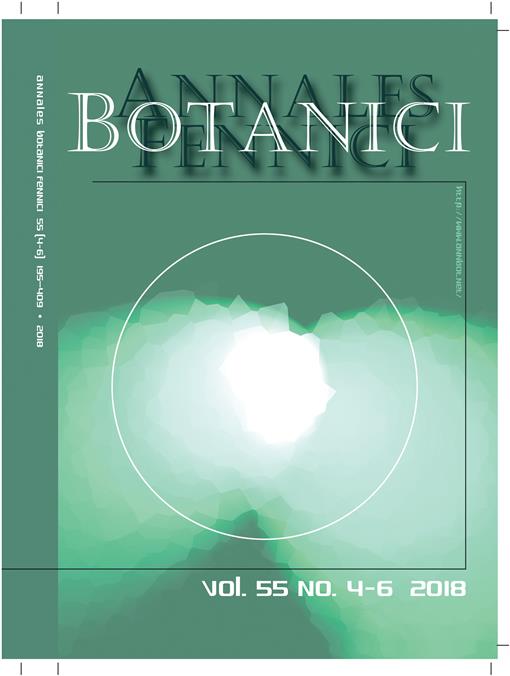Nectar robbing by the ant Camponotus distinguendus was observed in flowers of Embothrium coccineum (Proteaceae), a tree mainly pollinated by hummingbirds. We hypothesized that robbing would reduce the amount of nectar, affecting the foraging behaviour of floral visitors and reducing seed production. Nectar robbing affected one-third of mature tree blossoms and 93.3% of trees. This reduced the amount of nectar to about half. Foraging behaviour of floral visitors included pollinating visits to consume nectar and pollen, primary and secondary nectar robbing, and nectar theft. We found no effect of nectar robbing by C. distinguendus on seed production in E. coccineum, which was sparse and completely dependent on legitimate pollinator visits, mostly performed by the green-backed firecrown Sephanoides sephaniodes. Determining the effects of nectar robbing by ants on the reproduction of plants is important to understand the dynamics of plant-animal interactions in the temperate forests of Chile.
How to translate text using browser tools
1 October 2018
Ant-Mediated Nectar Robbing from the Chilean Firetree Embothrium coccineum (Proteaceae): No Effect on Seed Production
Carlos E. Valdivia,
José I. Orellana,
Carlos Morales-Paredes
ACCESS THE FULL ARTICLE

Annales Botanici Fennici
Vol. 55 • No. 4-6
October 2018
Vol. 55 • No. 4-6
October 2018




